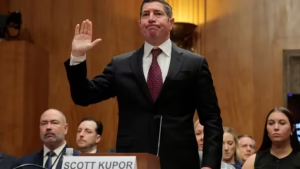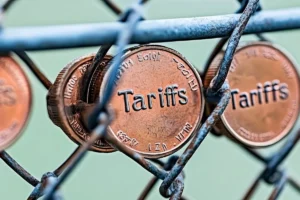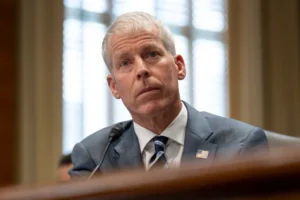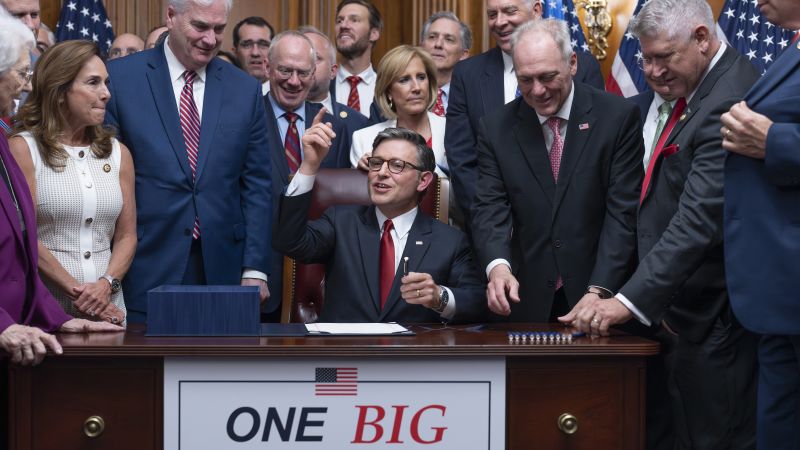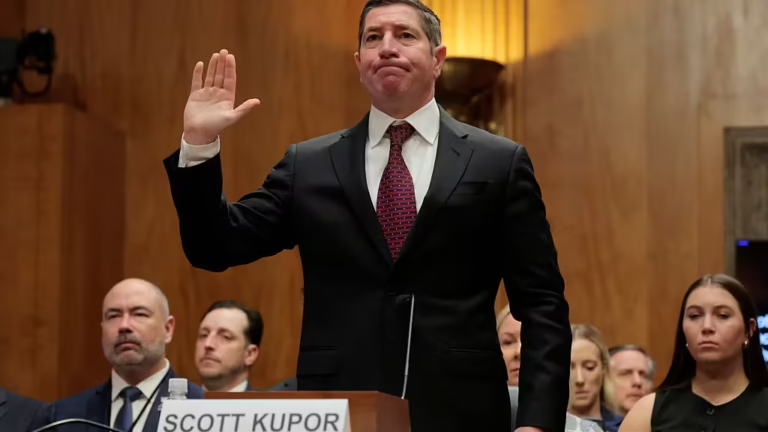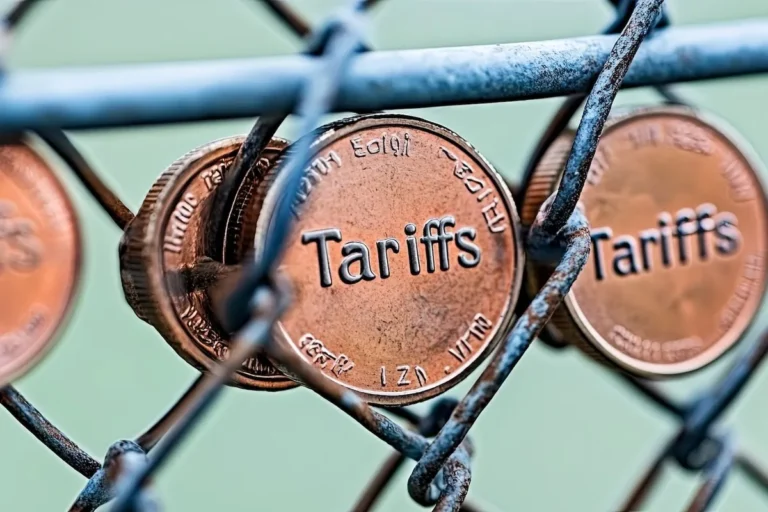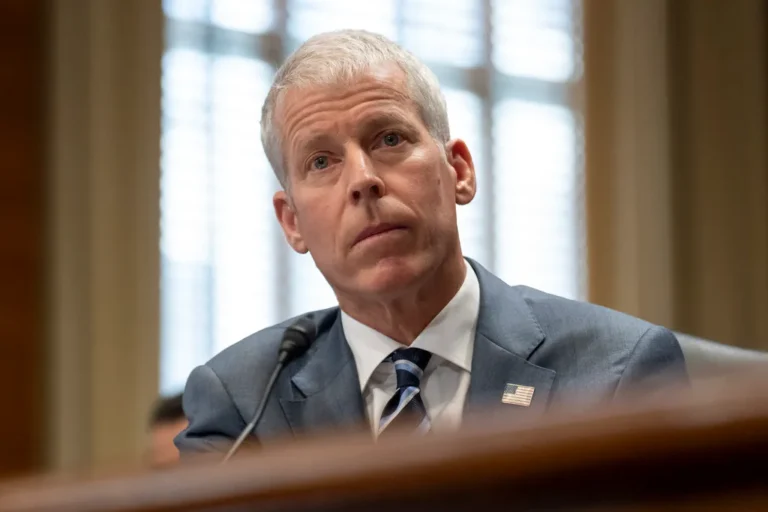Taxpayers Should Start Planning Now for 2025 Changes
Delivers Game-Changing Tax Benefits, Though tax season may seem far away, the time to prepare for the changes brought by the One Big Beautiful Bill (OBBBA) is now. Signed into law in July, this sweeping legislation introduces a host of new tax benefits that could reshape financial strategies for millions of American families.
From overtime and tips being tax-free, to a $6,000 senior bonus deduction, OBBBA is packed with provisions that lower tax burdens and increase disposable income. But several less-publicized changes could also have a major impact, including above-the-line charitable deductions and a new auto loan interest deduction for qualifying vehicles.
Financial experts are advising taxpayers to take early advantage of the reforms to ensure they don’t leave money on the table.
Above-the-Line Charitable Deductions Return—Permanently
One of the most significant reforms is the return of charitable deductions for those claiming the standard deduction, starting in 2026. Previously, these deductions were limited to itemizers—leaving out tens of millions of Americans.
This shift represents a massive opportunity. Under the OBBBA, individuals can now claim $1,000, and married couples can claim $2,000, in above-the-line deductions for qualified charitable donations.
Why It Matters
These above-the-line deductions lower your adjusted gross income (AGI), which not only reduces overall tax liability but may also unlock access to other deductions and tax credits that are based on income thresholds.
According to CPA Brian Gray, “Year-end charitable deduction planning could be beneficial. This provision gives standard filers a real reason to give—and get rewarded for it.”
New Deduction for Personal Auto Loan Interest
In a groundbreaking move, the OBBBA introduces a personal auto loan interest deduction—a tax break that hasn’t existed since the 1980s.
Starting in 2025, taxpayers can deduct up to $10,000 of interest on new personal auto loans. But this comes with a few important restrictions:
-
The vehicle must be new.
-
It must be assembled in the United States.
-
It must be used for personal (not business) use.
-
Income limits apply, targeting this benefit toward middle-class earners.
A First in Modern Tax Law
Brian Schultz, CPA at Plante Moran, explains: “This is the first time since the Reagan era that auto loan interest has been deductible without itemizing. It’s a smart incentive that promotes both domestic manufacturing and middle-class relief.”
However, experts caution that the deduction won’t apply to all taxpayers. If you’re planning to buy a vehicle in 2025 or beyond, it’s critical to understand the qualification criteria.
More Relief for Seniors and Hourly Workers
The headline changes in the bill—no federal tax on tips and overtime—have received widespread attention and praise.
Hourly workers in the service industry will benefit enormously from having their tips excluded from taxable income. Similarly, employees working overtime hours will now see more of that extra pay stay in their pockets.
For seniors, the new $6,000 bonus deduction for those over age 65 ensures that fixed-income retirees receive enhanced relief.
Broader Family Tax Benefits Included
The bill also expands a number of existing tax credits and deductions for families. These include:
-
Higher Child Tax Credit thresholds.
-
Expanded Dependent Care Credits.
-
New deductions for home schooling and education expenses.
These provisions are designed to make life more affordable for parents raising children in a time of rising costs.
Standard Filers Rejoice: More Deductions Without Itemizing
Under previous tax law reforms, standard deduction filers had little to plan around. They received a fixed deduction and few ways to lower their tax bill.
Now, under OBBBA, strategic tax planning is possible even if you don’t itemize. That’s a huge shift and a win for the average taxpayer.
“This bill reverses some of the blind spots from the 2017 Tax Cuts and Jobs Act,” said Gray. “For the first time in years, regular people have tools to manage and reduce their taxes.”

Start Planning Now to Maximize Benefits
Many of the bill’s tax advantages don’t kick in until 2025 or 2026. But that doesn’t mean taxpayers should wait.
Charitable giving, car buying plans, and family budgeting should be reviewed now in light of these coming changes. Consult with a tax advisor early to align your financial decisions with the new rules.
Long-Term Impacts and Economic Goals
Beyond helping individuals, the bill also aims to stimulate domestic auto sales, support charitable institutions, and reward workers for their effort and service.
By making these tax changes permanent or semi-permanent, OBBBA offers predictability—something families and financial planners have craved for years.
Conclusion: OBBBA Empowers Everyday Americans
The One Big Beautiful Bill is more than a tax plan. It’s a blueprint for middle-class economic growth. By putting real money back into taxpayers’ hands, offering new deductions for standard filers, and rewarding hard work, it delivers on its promise to put families first.
If you’re an hourly worker, a parent, a retiree, or a car buyer, the new tax code has something for you. The time to plan is now—because next tax season, the benefits will be waiting.
For more latest news checkout our website: usnewsinsight

